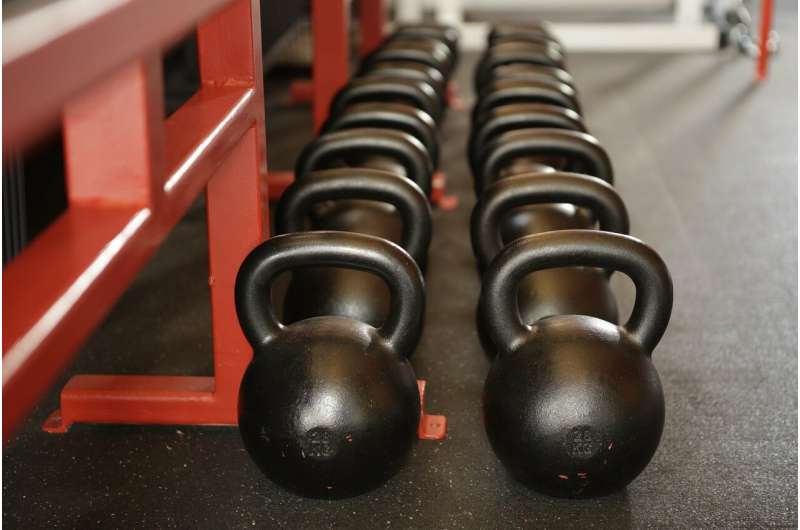Exploring the Concept of Microdosing Exercise: Can Small Bouts Boost Your Health?

Discover how small, high-intensity exercise sessions or 'microdosing' can effectively boost your health, even with limited time. Learn the latest research on segmented workouts and their benefits.
The idea of 'microdosing' originally referred to taking tiny amounts of psychedelics like mushrooms to improve mood or performance with fewer side effects. Over time, the term has expanded to include the practice of incorporating much smaller doses of various activities—and still reaping their benefits. But does this approach work for exercise?
If fitting in a traditional 30-minute workout is challenging, could shorter bursts of activity be just as effective? Recent evidence suggests that even minimal and segmented exercise sessions can significantly contribute to health.
According to the World Health Organization (WHO), adults should aim for at least 150 minutes of moderate-intensity aerobic activity weekly—such as brisk walking, cycling, or swimming—or 75 minutes of vigorous activity that leaves you gasping for air. These can be achieved through daily 20-30 minute sessions or a couple of longer workouts per week. Additionally, muscle-strengthening activities like weightlifting should be included at least twice a week.
Interestingly, incidental activities like housework or playing with children also count toward your physical activity total. Tasks such as mopping or vacuuming can have similar physical demands to a brisk walk, contributing to your moderate exercise minutes.
Research shows that splitting exercise into smaller chunks throughout the day is just as effective as doing one longer session. A 2019 review of over 1,000 participants found that multiple shorter workouts improved heart and lung function, blood pressure, and even supported weight loss and cholesterol reduction.
Further, very short 'exercise snacks'—like three 20-second sprints with warm-up and cool-down periods—have demonstrated notable improvements in aerobic fitness. These brief but intense bursts seem to offer health benefits comparable to longer workouts.
The key to shorter sessions is increasing intensity; pushing harder during limited time can yield more significant health gains than moderate efforts over longer durations. For example, one minute of maximum effort may be more beneficial than two minutes of moderate activity.
While breaking up workouts is effective for general health, longer sessions remain relevant for specific goals like training for races or enhancing mental health. Extended exercise routines have been linked to reductions in anxiety and depression, and overall mental well-being.
In summary, any amount of exercise is better than none. Even with just a few minutes daily, dispersed throughout the day, you can significantly improve your health—especially if these sessions are performed at higher intensity. Embracing the concept of microdosing exercise could be a practical and effective way to stay active amidst busy schedules.
_source: https://medicalxpress.com/news/2025-09-microdose.html
Stay Updated with Mia's Feed
Get the latest health & wellness insights delivered straight to your inbox.
Related Articles
The Impact of Wildfire Smoke on Outdoor Exercise and Health Risks
Wildfire smoke contains fine particles that pose significant health risks during outdoor exercise. Learn how to stay safe and reduce exposure during wildfire seasons.
Optimal Workout Order Revealed: Cardio Before or After Weightlifting?
Recent research reveals that performing weight training before cardio enhances fat loss and daily activity. Discover which workout order maximizes your fitness results based on scientific findings.
Are Weighted Vests Safe? Expert Warns of Hidden Risks
Discover the potential risks and benefits of using weighted vests in your workouts. Experts warn that improper use can lead to injuries, emphasizing safety and personalized fitness approaches.



